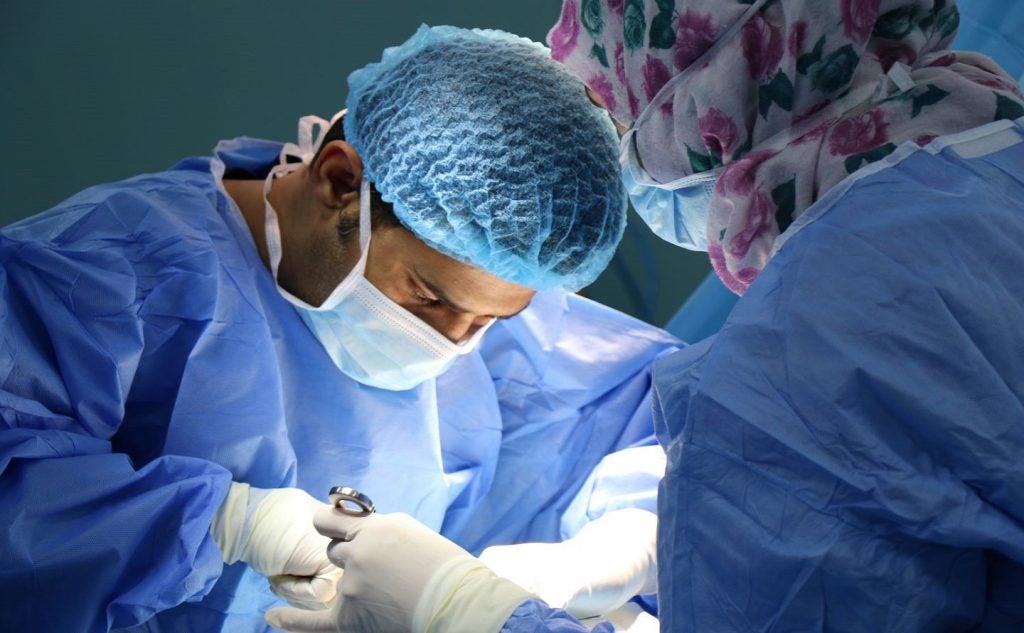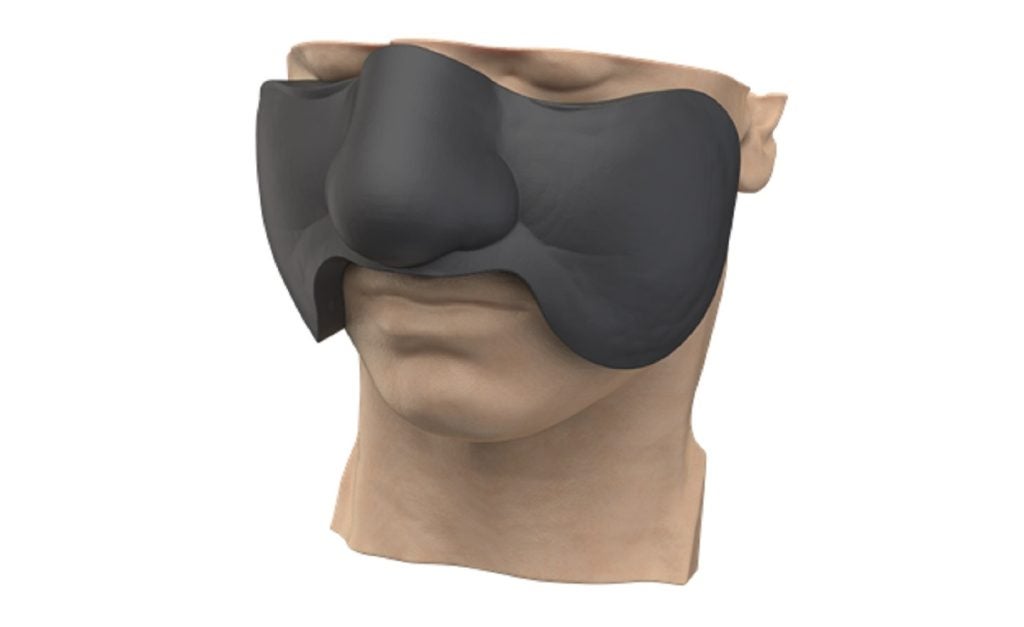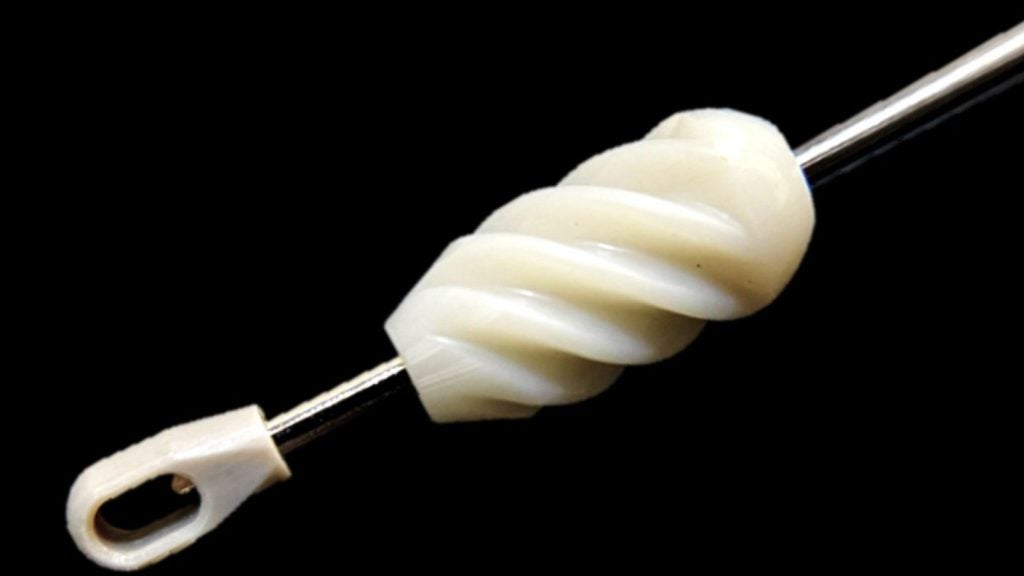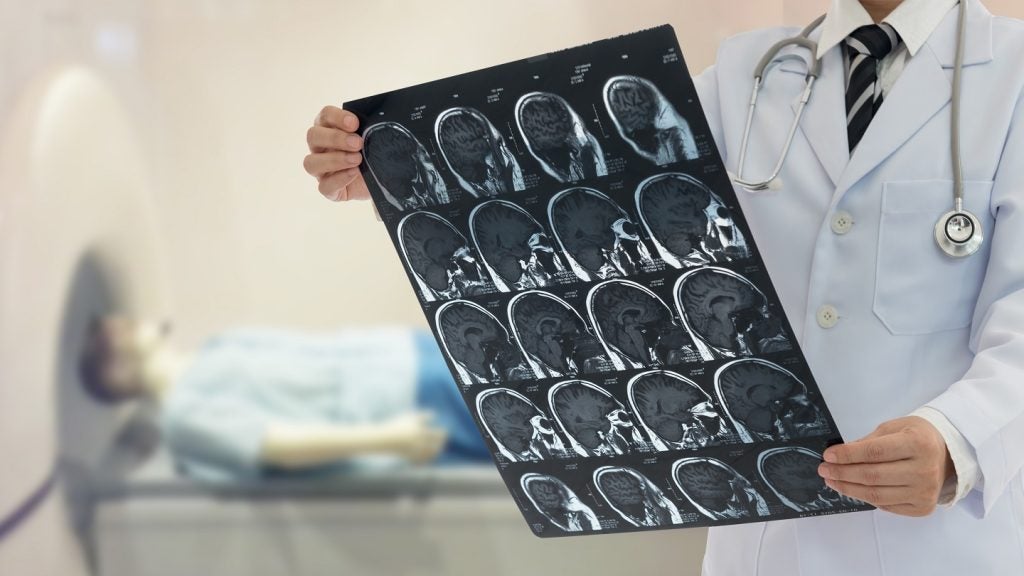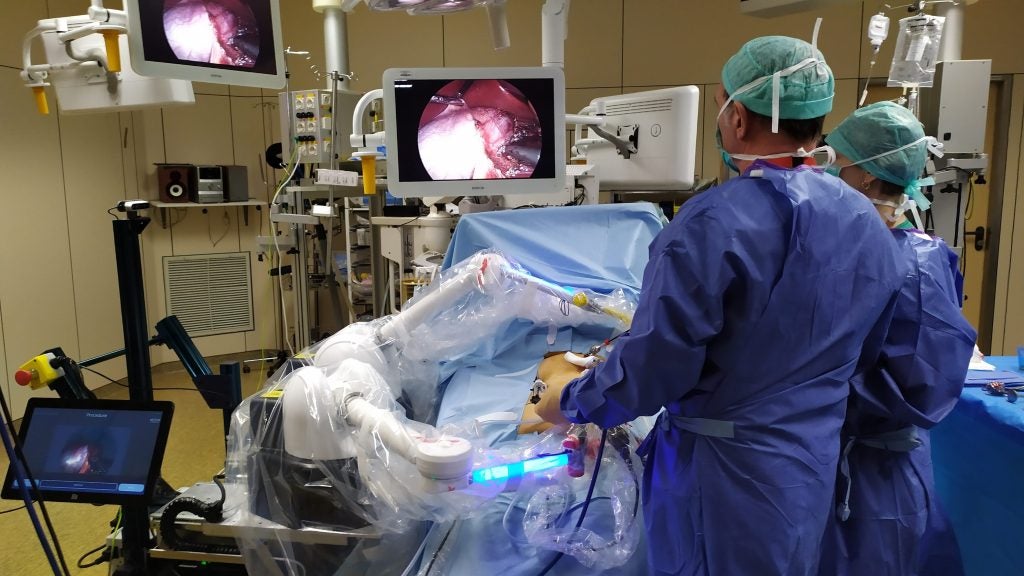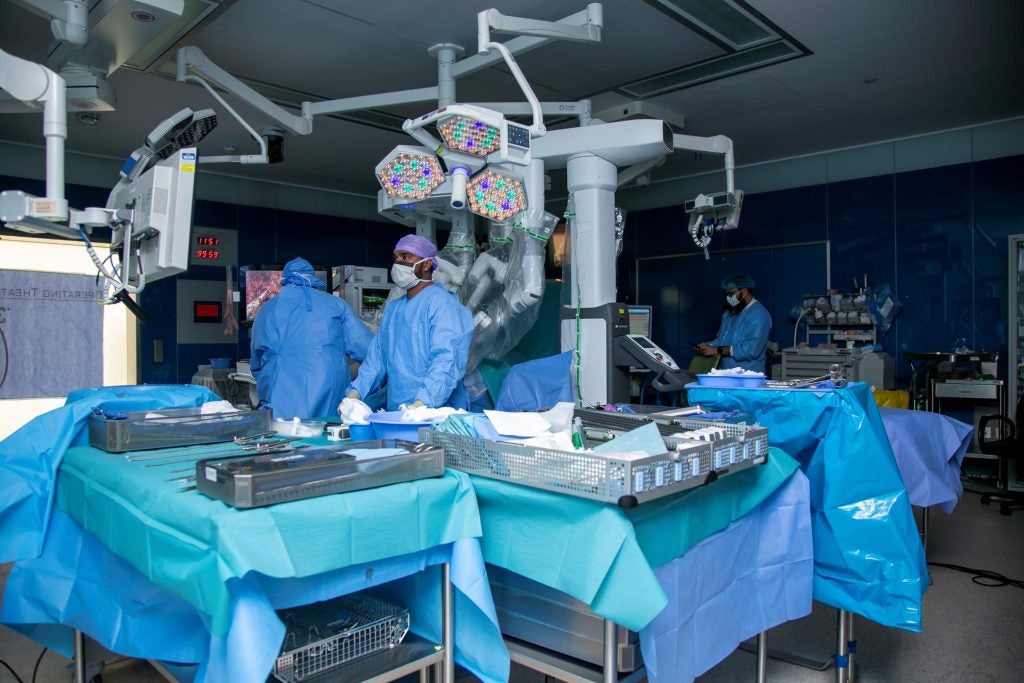Laminate Medical Technologies has obtained approval from the US Food and Drug Administration (FDA) for its VasQ External Vascular Support device to be used for creating arteriovenous fistulas for dialysis access.
It is a nitinol-based device designed to implant around the artery and vein during the surgical creation of an arteriovenous fistula.
Designated by the regulator as a breakthrough technology, the device was approved based on a De Novo assessment of the VasQ US pivotal study, which involved 144 patients.
In the VasQ US study, the device attained the primary endpoint of enhanced primary patency at six months. It was also supported by its effectiveness and safety of use in several studies from outside the US.
The device is intended for offering structural reinforcement to the mobilised vessels that are freed from their native supporting tissue, as well as guiding a more stable arterial flow profile as it transitions into the vein.
Furthermore, MRI and computational fluid dynamic models have supported VasQ's proposed mechanistic benefits, with consistent beneficial clinical results in several studies.
Laminate CEO Tammy Gilon said: “We are excited to finally bring VasQ to the US dialysis patient population.
“We could not be more appreciative of our US principal investigators as well as the global community of dialysis access physicians that saw the potential in VasQ and produced the wealth of data supporting the devices safety and effectiveness.”


